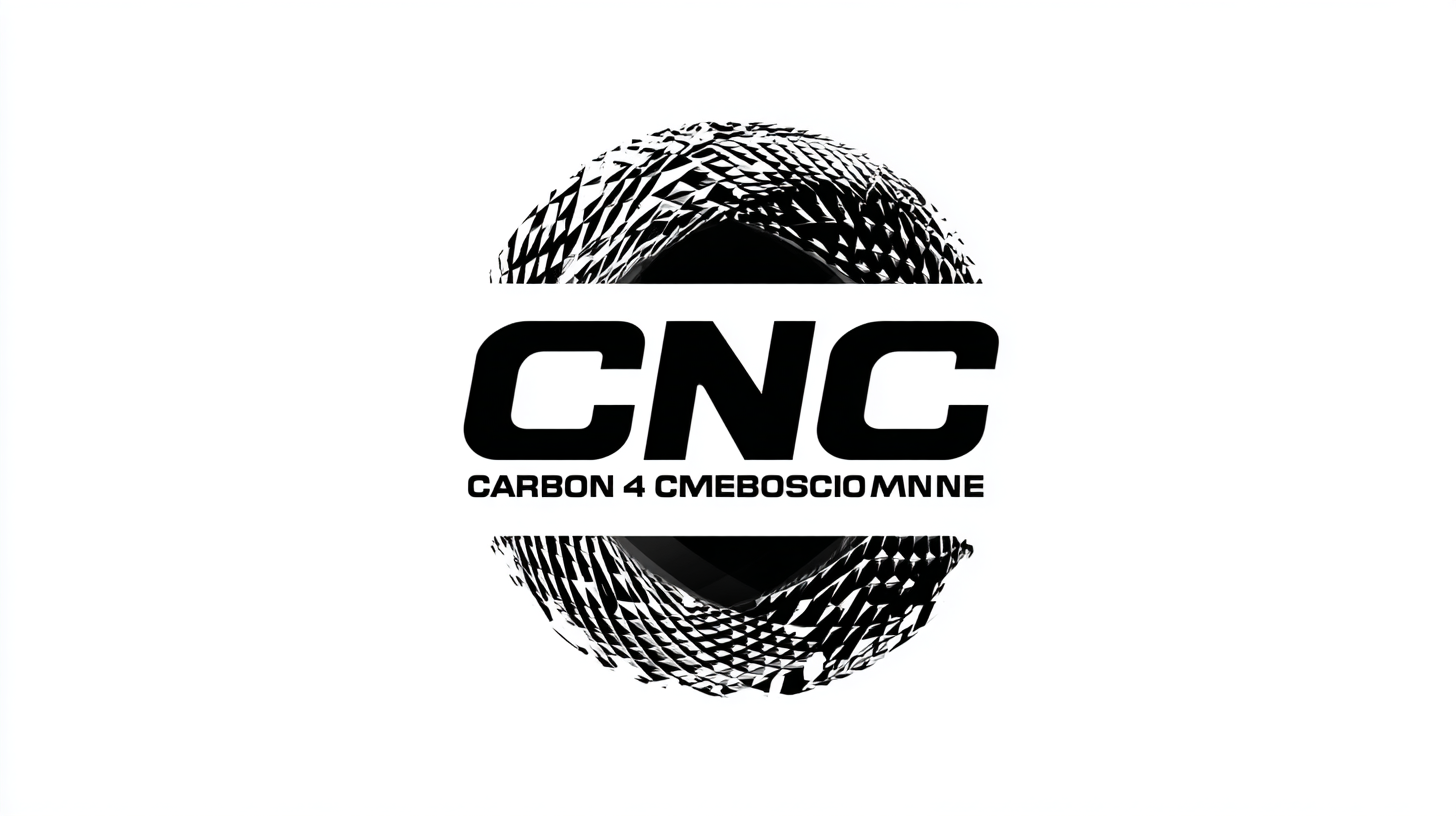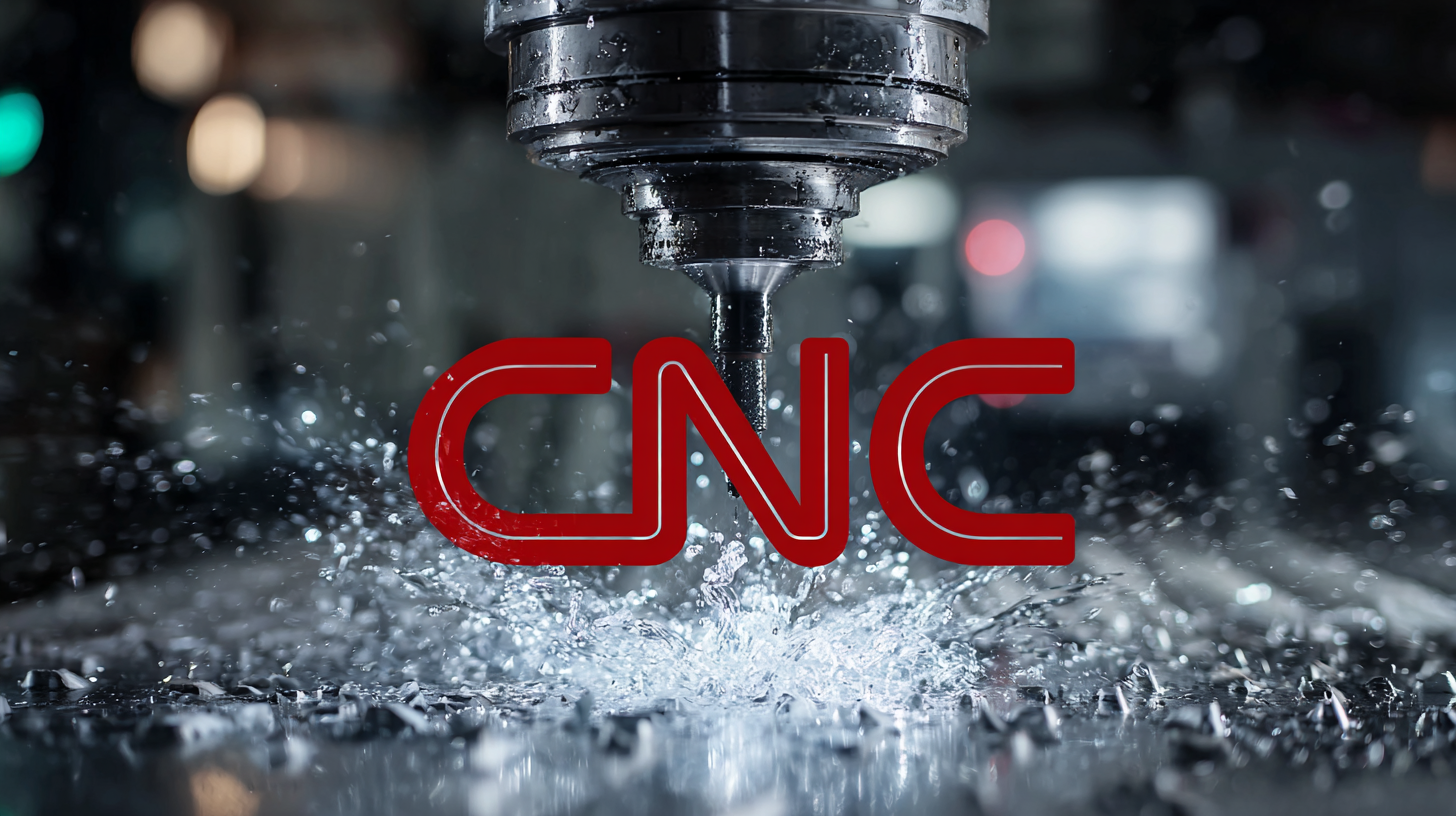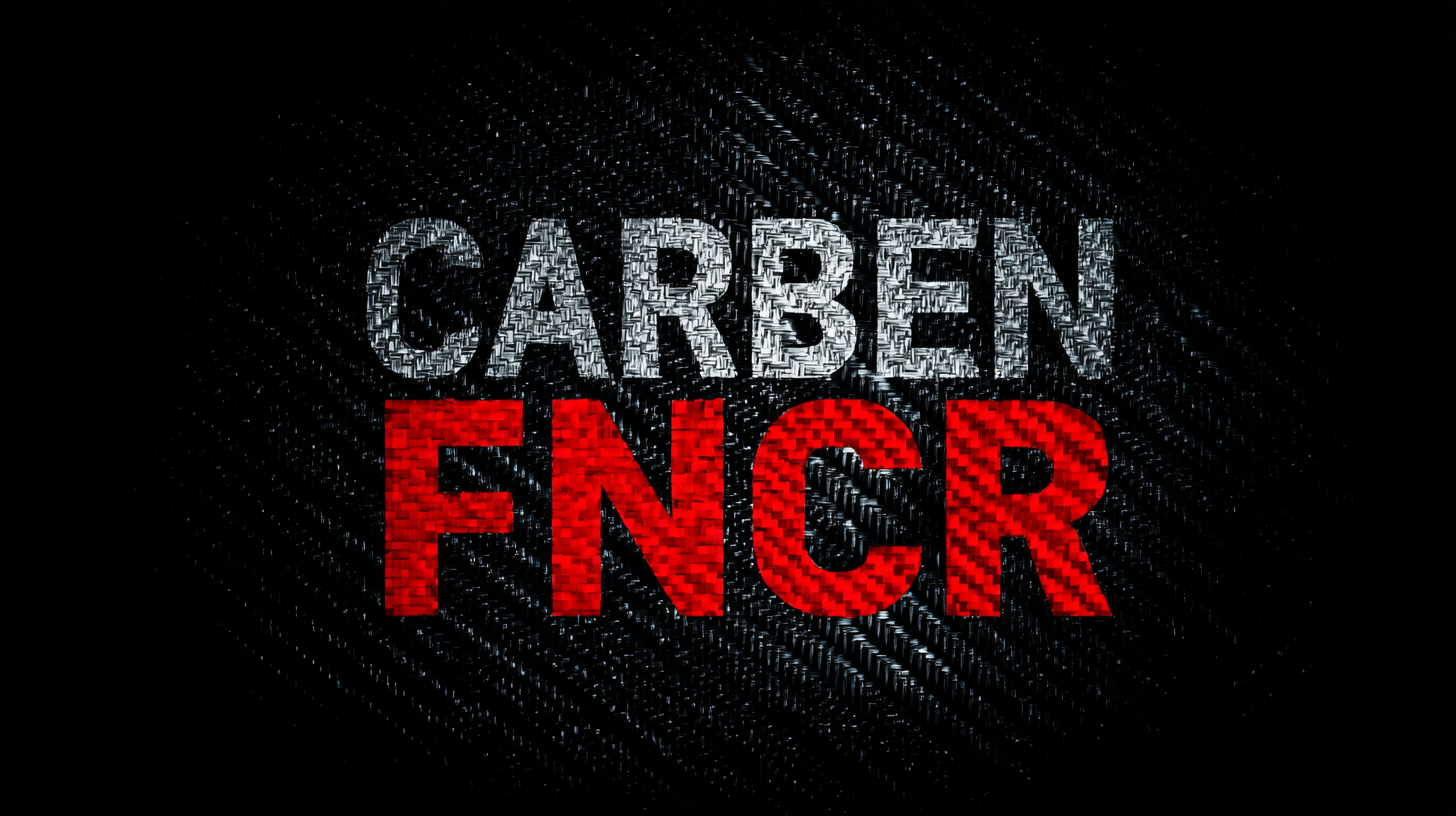Unveiling the Key Technical Specifications of Best Carbon Fiber CNC Machines
In recent years, the manufacturing industry has witnessed a significant shift towards the integration of advanced materials like carbon fiber, known for its high strength-to-weight ratio and versatility. This evolution has driven the demand for carbon fiber CNC machines, which offer precision and efficiency in various applications—from aerospace to automotive and beyond. According to a report by MarketsandMarkets, the global carbon fiber market is projected to reach USD 4.17 billion by 2024, underscoring the growing relevance of these materials in high-performance sectors. However, the adoption of carbon fiber CNC technology is not without challenges; common issues such as tool wear, programming complexity, and material handling difficulties can hinder productivity. This blog aims to unveil the key technical specifications of the best carbon fiber CNC machines, exploring their industry applications and addressing the prevalent problems within the sector.

Understanding the Importance of Carbon Fiber CNC Machines in Modern Manufacturing
Carbon fiber CNC machines have become integral to modern manufacturing due to their unique ability to efficiently process advanced materials. The lightweight yet high-strength characteristics of carbon fiber make it a preferred choice across various industries, including aerospace, automotive, and sporting goods. According to a report by MarketWatch, the global carbon fiber market is projected to reach approximately $5.7 billion by 2026, reflecting the growing preference for these materials in manufacturing processes that demand both quality and durability.
Understanding the technical specifications of carbon fiber CNC machines is crucial for manufacturers looking to leverage this material effectively. These machines are designed to handle the intricate properties of carbon fiber, ensuring precision and minimizing waste. Studies indicate that CNC machining of carbon fiber can reduce production time by up to 30%, significantly enhancing operational efficiency. Furthermore, as industries strive towards sustainability, the ability to recycle carbon fiber composites is gaining traction, making it essential for manufacturers to invest in advanced CNC technologies that support sustainable practices. With ongoing advancements and increasing affordability, the role of carbon fiber CNC machines in modern manufacturing will only continue to grow.
Common Challenges Faced by Users of Carbon Fiber CNC Machines
Carbon fiber CNC machines are increasingly popular in various industries for their precision and strength. However, users often encounter several challenges that can hinder optimal performance. One common issue is the difficulty in managing dust and debris generated during machining. Carbon fiber dust can be harmful if inhaled and poses a risk to the equipment, requiring users to implement effective dust collection systems and ensure proper ventilation in their workspace.
Another significant challenge is the brittleness of carbon fiber materials, which can lead to tool wear and breakage. Users may find that standard cutting tools are insufficient for the toughness of these composites, necessitating the use of specialized tooling designed for carbon fiber machining. Additionally, achieving the right cutting speeds and feed rates is crucial, as improper settings can result in subpar finishes or even damage to the workpiece. Educating users on the best practices for machining carbon fiber is essential for overcoming these hurdles and maximizing productivity.
Key Features to Look for in High-Performance Carbon Fiber CNC Machines
In the ever-evolving landscape of CNC machinery, understanding the key features of high-performance carbon fiber CNC machines is crucial for maximizing efficiency and production quality. As highlighted at the recent Taipei International Machine Tool Show (TIMTOS 2023), the industry is embracing digital decarbonization solutions, reflecting a significant trend towards sustainability in manufacturing practices. This movement is particularly pertinent as the machine tool sector faces economic pressures, yet continues to demonstrate evident growth potential.

When considering carbon fiber CNC machines, it's essential to focus on specific technical specifications that enhance performance. High precision and speed capabilities are paramount, with many advanced models featuring spindle speeds that can exceed 24,000 RPM, which is critical for working with lightweight yet strong materials like carbon fiber. Furthermore, incorporating automation technologies can significantly reduce operational costs while improving production schedules. Industry analysts predict that as more manufacturers adopt these technologies, we can expect a revival in the CNC market, along with sustained long-term growth driven by the increasing demand for lightweight materials across various industries.
Comparative Analysis of Different Types of Carbon Fiber CNC Machines
When it comes to selecting a carbon fiber CNC machine, understanding the different types available on the market is essential for making an informed choice. The comparative analysis reveals that CNC machines tailored for carbon fiber work can vary significantly in their specifications, capabilities, and suitability for specific applications. For instance, some models may prioritize high spindle speeds and rigid frames to handle the unique properties of carbon fiber materials, while others might focus on advanced cooling systems to mitigate heat during the machining process.
Moreover, the differences in control systems and software integration cannot be overlooked. High-end CNC machines often come equipped with sophisticated software that allows for precision cutting and detailed analysis of the workpiece. Conversely, more entry-level machines might offer basic functionalities but can still be efficient for simpler projects. The choice ultimately depends on the user's needs, such as the scale of production, the complexity of designs, and budget considerations. Users should carefully evaluate these types of machines to ensure optimal performance in their carbon fiber projects.
Unveiling the Key Technical Specifications of Best Carbon Fiber CNC Machines
| Machine Type | Max Working Area (mm) | Spindle Power (kW) | Max Speed (m/min) | Control System | Price Range (USD) |
|---|---|---|---|---|---|
| Desktop CNC | 600 x 400 | 1.5 | 12 | GRBL | $1,200 - $2,500 |
| Mid-size CNC | 1200 x 800 | 3.0 | 16 | Mach3 | $5,000 - $10,000 |
| Industrial CNC | 2500 x 1500 | 9.0 | 25 | Fanuc | $15,000 - $50,000 |
Maintaining and Troubleshooting Carbon Fiber CNC Machines Effectively
When it comes to maintaining and troubleshooting carbon fiber CNC machines, precise monitoring of the machining process is crucial. Recently, research conducted by Fraunhofer IGCV and the University of Augsburg has explored the correlation between sound emissions and the quality of composite material processing. By installing ultrasonic sensors on CNC machines, operators can gain real-time insights into the machining performance, enabling them to identify issues before they escalate. This innovative approach not only enhances operational efficiency but also contributes to improved product quality.
To effectively maintain your carbon fiber CNC machine, consider implementing a regular maintenance schedule that includes checking for wear in cutting tools and examining the machine's alignment and calibration. Listening to the sounds emitted during operation could provide early warnings of potential problems and help you correct them swiftly.
Another tip is to invest in training programs for your operators. Proper knowledge about the capabilities and limitations of the CNC machine can lead to more informed decision-making, ultimately resulting in fewer errors and reduced downtime. By fostering a culture of continuous learning, you’ll improve the overall reliability and performance of your carbon fiber machining operations.
